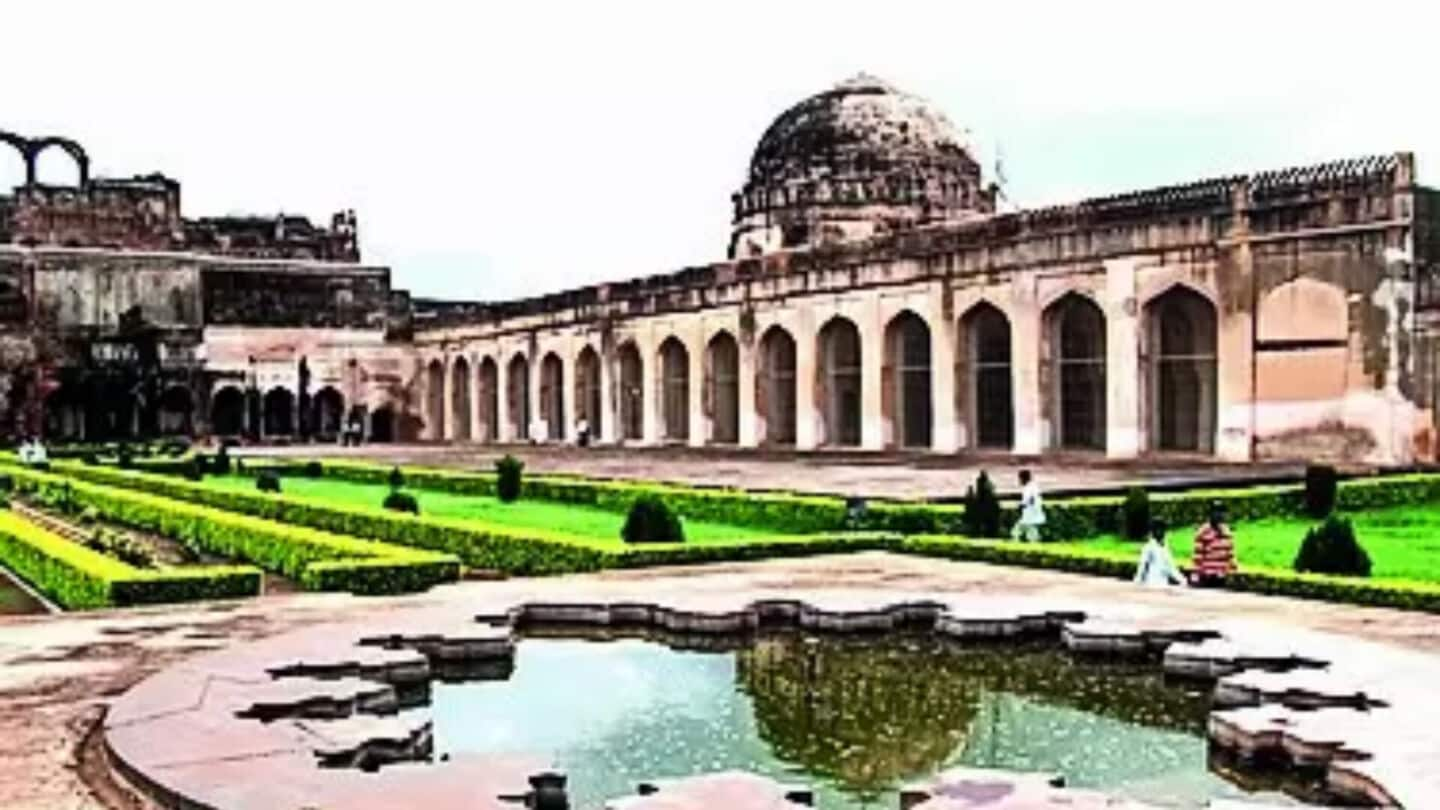
Humayun's tomb to Maha Kumbh land: Properties Waqf Board claimed
What's the story
India's third-largest landowner, the Waqf Board, has made several controversial property ownership claims over the years.
The board controls a portfolio of 8.7 lakh properties across 9.4 lakh acres, collectively estimated to be worth ₹1.2 lakh crore.
Among the properties it claimed are Humayun's Tomb and the Mughal Mosque in the Qutub Minar Complex, as well as the land where the Maha Kumbh Mela takes place in Prayagraj, though these claims are disputed and not confirmed as Waqf Board assets.
Historical sites
Humayun's Tomb claimed as Waqf property
In 2010, the Delhi Waqf Board claimed ownership of Humayun's Tomb, saying it was one among 150-plus heritage properties illegally held by the Archaeological Survey of India (ASI).
The board has also asked for permission to perform namaz at the Mughal Mosque in the Qutub Minar complex, citing historical precedence.
In Delhi alone, over 200 properties under the control of two different central government agencies had been declared as Waqf properties, top government officials found, according to PTI.
Government transfers
Controversial claims in Lutyens's Delhi
In 2014, the outgoing UPA government transferred 123 properties, mostly in Lutyens's zone, to Delhi Waqf Board.
The decision was later put under scrutiny by the NDA government, which constituted a panel in 2018 to look into it.
This case was highlighted by minister Kiren Rijiju after tabling the Waqf Amendment Bill in Lok Sabha.
He alleged that if not for the Bharatiya Janata Party (BJP)'s coming to power, lands around Parliament and airports would have been given to waqf.
Land disputes
Maha Kumbh land, UP government properties claimed
Another case of ownership claims by the Waqf Board emerged from Prayagraj.
In January 2025, local Muslim groups alleged that the land on which the Maha Kumbh Mela is held belongs to the Waqf Board. As per the claims, 54 bighas of land belong to the board.
Suggesting possible overreach in the board's claims, the Uttar Pradesh government revealed that 78% of the land claimed by the Waqf Board in the state is actually government land.
Community impact
Claims affecting local residents and businesses
Down south in Tamil Nadu's Thiruchenthurai village, a farmer claimed he could not sell his agricultural land to clear a loan after the Waqf Board claimed the entire village.
The sale needed a no-objection certificate (NOC) from the board, pushing him and his family into financial distress.
Surat's Municipal Corporation building was also claimed by the Waqf Board, arguing it had historically functioned as a sarai for pilgrims during the Mughal era."
Protests and disputes
Waqf Board's claims spark protests and legal disputes
The Waqf Board's claims of ownership have also resulted in mass protests by residents of Kerala's Ernakulam, where it claimed around 400 acres of land.
The area has predominantly been held by Christian residents for generations.
Similarly, in Bengaluru, it claimed the Eidgah ground as waqf property, citing its status since the 1850s.
Waqfs are properties dedicated exclusively for religious or charitable purposes under Islamic law.
They are donated by followers of Islam and cannot be sold or leased permanently.